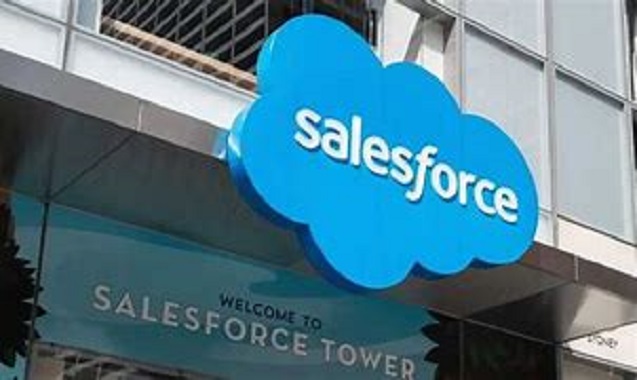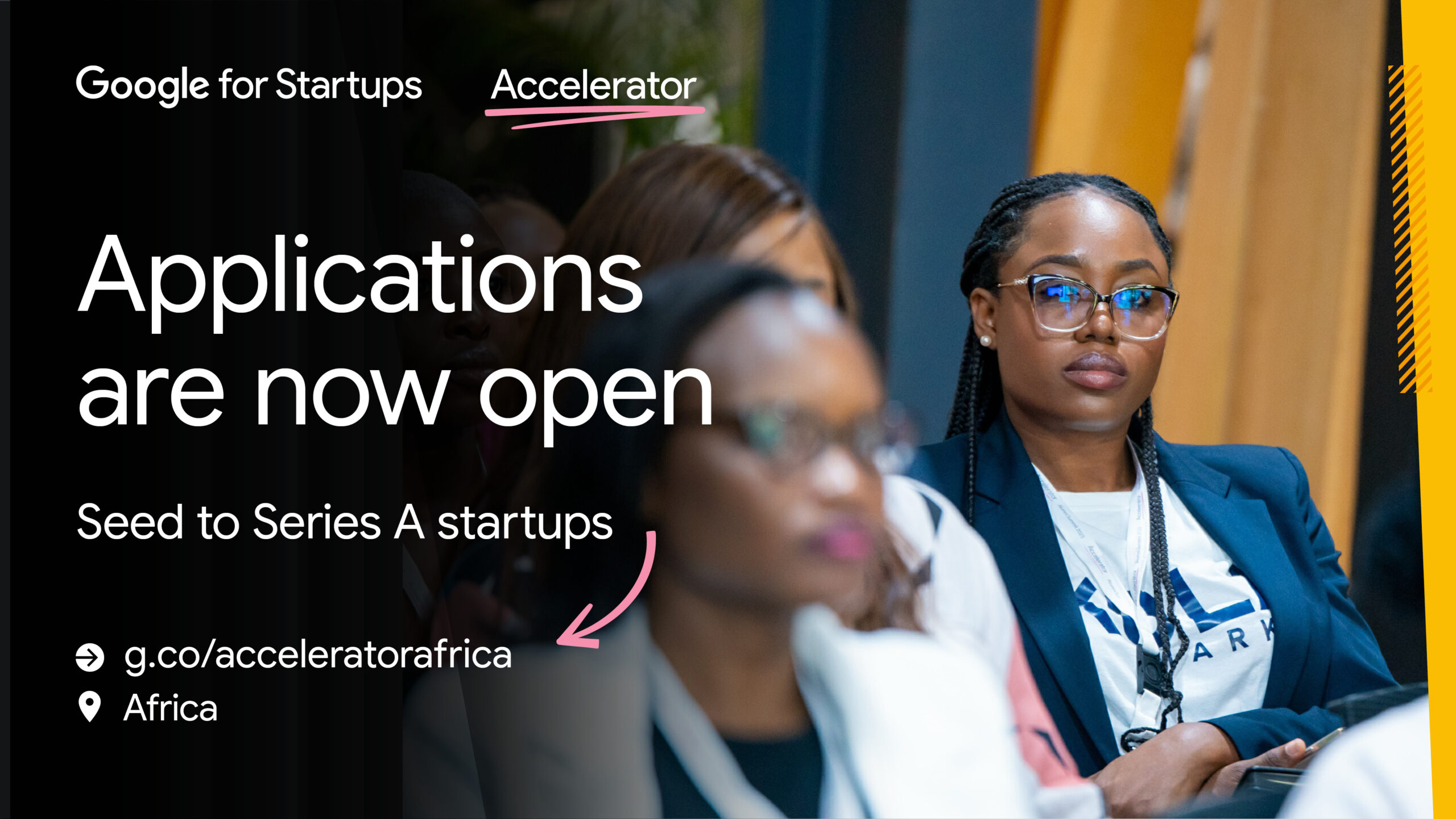Telecom
IDC Sees Telecom Spending Declining By 1% in 2020

International Data Corporation (IDC), global provider of market intelligence and advisory services for information technology has projected that telecom spending is expected to decline by 0.8 percent in 2020 worldwide when compared to 0.5 per cent growth last year.

According to the company’s March 2020 finding, “Carriers will continue to invest in 5G network deployments in many countries, while the lock down has increased demand for fixed broadband services in the short term.
“The economic slowdown is expected to put ‘macro pressure’ on consumer spending, including upgrades to 5G mobile contracts, in the second half of 2020, yet the overall impact on telecom spending will be moderate compared to other ICT markets.
“The IT infrastructure spending is projected to grow by an estimated 4% to $437 billion in the wake of spending by service providers for resiliency, in addition to increasing enterprise demand for cloud services. Whereas, the ICT spending, which includes telecom and business services, will decline by 3.4% this year to just over $4 trillion with telecom spending down 0.8%,” the company explained.
Stephen Minton, programme vice president in IDC’s Customer Insights and Analysis group, said: “Inevitably a major economic recession, in Q2 especially, will translate into some big short-term reductions in IT spending by those companies and industries that are directly impacted.
“Where there is growth, most of it is in the cloud,” he added.
The report said cloud spending will continue to post moderate growth as businesses continue to fund existing cloud deployments and some businesses may utilize the remainder of the year to accelerate cloud projects as a means to control costs and defer data center and application upgrades.
Minton also explained: “Overall software spending is now expected to decline as businesses delay new projects and application roll-outs, while there is a fundamental link between employment and spending on things like software licenses and campus networks.”
He added that the report found that early adopters of cloud and other digital technologies were best prepared to cope with the challenges and added that these adopters faced the least amount of disruption from an operational perspective.
Telecom
Salesforce Revolutionizes Business Intelligence with AI-Powered Tableau Next


Organisations today face a data paradox: they need to make fast, intelligent decisions but are overwhelmed by large volumes of often unreliable information. With over 75% of business leaders under pressure to prove data’s value, the demand for trusted, actionable insights has never been greater.
What is agentic analytics
Agentic analytics allows users to collaborate with AI agents to speed up the entire data-to-action process. Instead of relying on static visualizations, analysts can use AI to automate tasks like data preparation and ETL (extract, transform, load processes), freeing them to focus on deeper analysis. Business leaders can ask natural language questions and get instant, reliable answers along with recommended actions. This makes data-driven decision-making easier and more efficient, removing the need for technical expertise and manual effort typical of traditional BI tools.
- Automate repetitive data tasks like data cleaning, transformation, and visualization generation, as well as the execution of complex, multi-step analytical workflows within and across different business areas. This builds on Tableau’s strength in simplifying complex data for users.
- Proactively deliver faster, more comprehensive insights by autonomously detecting hidden correlations, outliers, and trends that might be missed by human observation. This enhances Tableau’s focus on user-driven insights by providing AI guidance.
- Enable more contextual and effective action through natural language summaries, visualisations, and data-driven recommendations, insights delivered where people work with an enterprise-class workflow engine that enables users to kick off automated actions. This extends Tableau’s ability to drive action from data, making it more seamless within the Salesforce ecosystem.
Built on the trusted Salesforce Platform and leveraging the power of Data Cloud, Tableau Next delivers enterprise-grade performance, robust security, and flexible, zero-copy data integration for seamless data connectivity. Tableau Semantics, an intelligent semantic layer, provides a unified understanding of information, ensuring data consistency and accelerating the discovery of critical insights. The built-in workflow engine in Tableau Next seamlessly translates insights directly into actionable steps, dramatically accelerating the time to value. The key differentiator is the native integration with Agentforce, Tableau Next equips humans and AI agents with pre-built analytical skills to rapidly transform data into tangible business value, marking a significant leap forward in data-driven decision-making. It includes:
- Data Pro: Your Intelligent Data Prep Assistant. Instead of users manually cleaning up and changing data using complex steps (like in traditional ETL), Data Pro will give smart suggestions on how to do it and even automatically handle some of the complicated changes, saving time and effort.
- Concierge: Instant Answers in Plain Language. Get immediate, reliable answers to data questions. Sales teams, for example, can simply ask “What are my best sales opportunities?” and receive clear insights with recommended actions.
- Inspector: Proactive Data Monitoring & Insights. Continuously tracks your data for key changes, analyzes trends, and predicts improvements. Service teams can be instantly alerted to drops in customer satisfaction, enabling immediate action.
Ensuring Data Trust and Accuracy:
- Tableau Semantics: Tableau Semantics serves as the semantic layer, providing Tableau Next and Agentforce with a unified understanding of business data. By establishing consistent definitions and context, it enables AI agents to generate accurate and relevant responses.
Boosting Efficiency:
- Marketplace: Allows users to easily share and reuse data analysis components (like data assets, connections, metrics, visualizations, dashboards), saving time and ensuring everyone is working with the same information.
“Tableau Next helps businesses achieve faster, more impactful results with their data,” said Ryan Aytay, CEO of Tableau. “We’re shifting from basic reports to a world where AI is a collaborative decision-making partner. By combining AI agents with trusted data and easy-to-use tools, we’re making data accessible to everyone and transforming the data-to-action process into an automated, proactive, and insight-driven cycle. This empowers users to improve decision-making, boost efficiency, and manage risk more effectively.”
Telecom
Temu and Shein Raise U.S. Prices Amid Trump-Era Tariffs

Chinese-founded e-commerce platforms Temu and Shein have announced upcoming price increases for U.S. customers, citing higher operating expenses due to tariffs imposed during former President Donald Trump’s administration.

These tariffs include a 145% import tax on most goods made in China and the elimination of the “de minimis provision,” which previously allowed goods valued under $800 to enter the U.S. duty-free.
The changes, effective May 2, have disrupted the business models of both companies, known for their ultra-low prices and extensive digital marketing campaigns.
Temu and Shein, which specialize in affordable products ranging from clothing to electronics, have urged customers to shop before the price adjustments take effect.
The companies aim to minimize the impact on consumers while adapting to the new trade rules.
These developments come amid concerns from U.S. lawmakers and business groups about the competitive advantage of inexpensive Chinese goods and the potential entry of counterfeit products through the now-canceled exemption.
Telecom
Google Launches 2025 AI Startups Accelerator Program for African Innovators

Google has opened applications for the 2025 Google for Startups Accelerator Africa program, a three-month initiative designed to support early-stage startups using artificial intelligence to address Africa’s most pressing challenges.

Across the continent, startups are demonstrating how local innovation can solve deeply rooted problems. In West Africa, Crop2Cash – an agritech platform and alumni of the program – is using AI to digitally onboard smallholder farmers, build their financial identities, and provide them with access to credit, traceable payments, and productivity tools.
Through these efforts, Crop2Cash is improving agricultural outcomes and unlocking economic opportunity for farmers who have long been excluded from formal systems—illustrating the kind of impact that’s possible when African startups receive the support they need to scale.
The Accelerator is open to Seed to Series A startups based in Africa that are building AI-first solutions. Startups must have a live product, at least one founder of African descent, and a clear vision for responsible AI innovation. Selected participants will receive:
Dedicated technical mentorship from Google and industry experts
Up to $350,000 in Google Cloud credits
Access to a global network of investors, partners, and collaborators
Workshops focused on technology, product strategy, people leadership, and AI implementation
AI’s potential to accelerate Africa’s development is real, and Google is investing in ensuring that African startups lead that charge. According to McKinsey, AI could add $1.3 trillion to Africa’s economy by 2030, but only if bold innovation is supported at the grassroots.
“Startups are Africa’s problem solvers. With the right resources, they can scale their impact far beyond local communities,” said Folarin Aiyegbusi, Head of Startup Ecosystem, Africa at Google.
“This program reflects our belief that AI can be transformative when shaped by those who understand the context deeply.”
Since 2018, the program has supported 140 startups from 17 African countries. These alumni have raised more than $300 million in funding and created over 3,000 jobs. Many are now regional and global leaders in their categories.
Applications for the 2025 cohort are now open. Startups interested in participating can apply at: https://startup.google.com/programs/accelerator/africa
For further information and updates, visit the Google Africa Blog or follow @GoogleAfrica on social media.

 Telecom2 days ago
Telecom2 days agoSalesforce Revolutionizes Business Intelligence with AI-Powered Tableau Next

 Broadcasting2 days ago
Broadcasting2 days agoMultiChoice Brings Easter Home with Dedicated Pop-Up Channel

 News2 days ago
News2 days agoAirtel Smartcash Set to Power Stress-Free Easter with Seamless Cashflow

 E-Business2 days ago
E-Business2 days agoDG NITDA Tasks Africa to Lead the AI Revolution Through Strategic Leadership, Inclusive Innovation

 Telecom3 days ago
Telecom3 days agoDRIF25 Brings Together 1,000 Delegates in Lusaka

 Telecom3 days ago
Telecom3 days agoGoogle Launches 2025 AI Startups Accelerator Program for African Innovators

 E-Business2 days ago
E-Business2 days agoGoogle Blocks 5.1Bn Harmful Ads in 2024, Suspends 39m Accounts

 E-Financial2 days ago
E-Financial2 days agoHow CBEX Operators ‘Enticed’ Victims –SEC

























